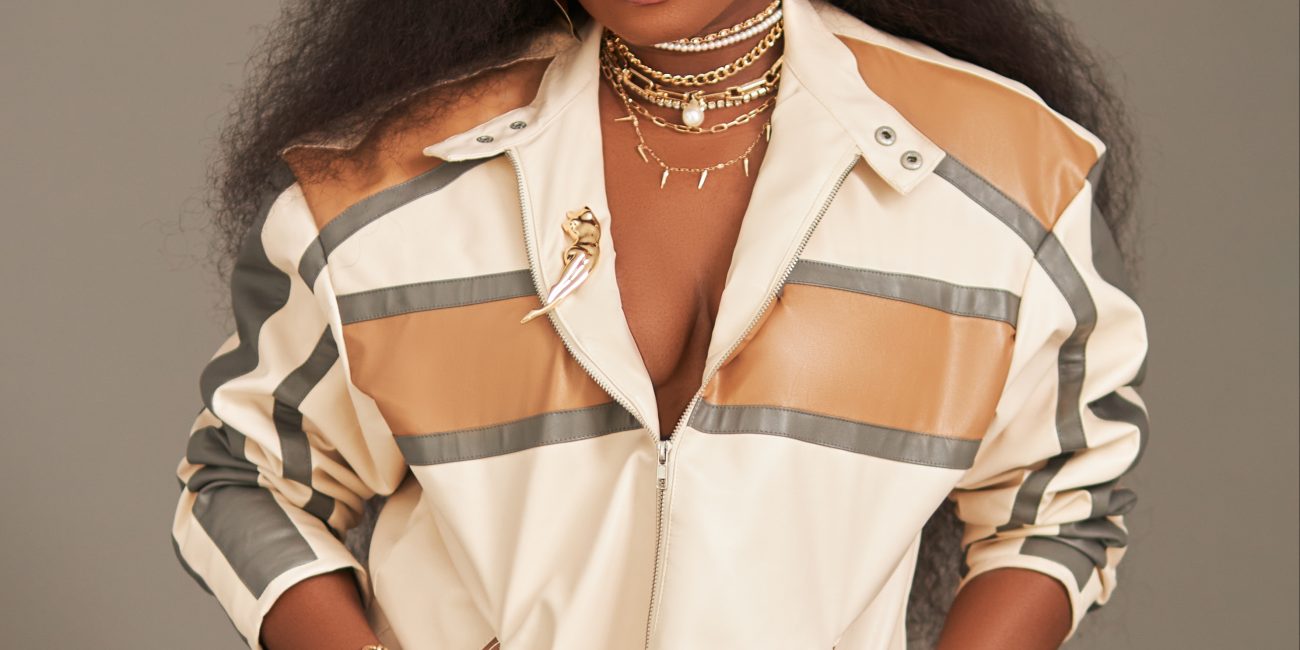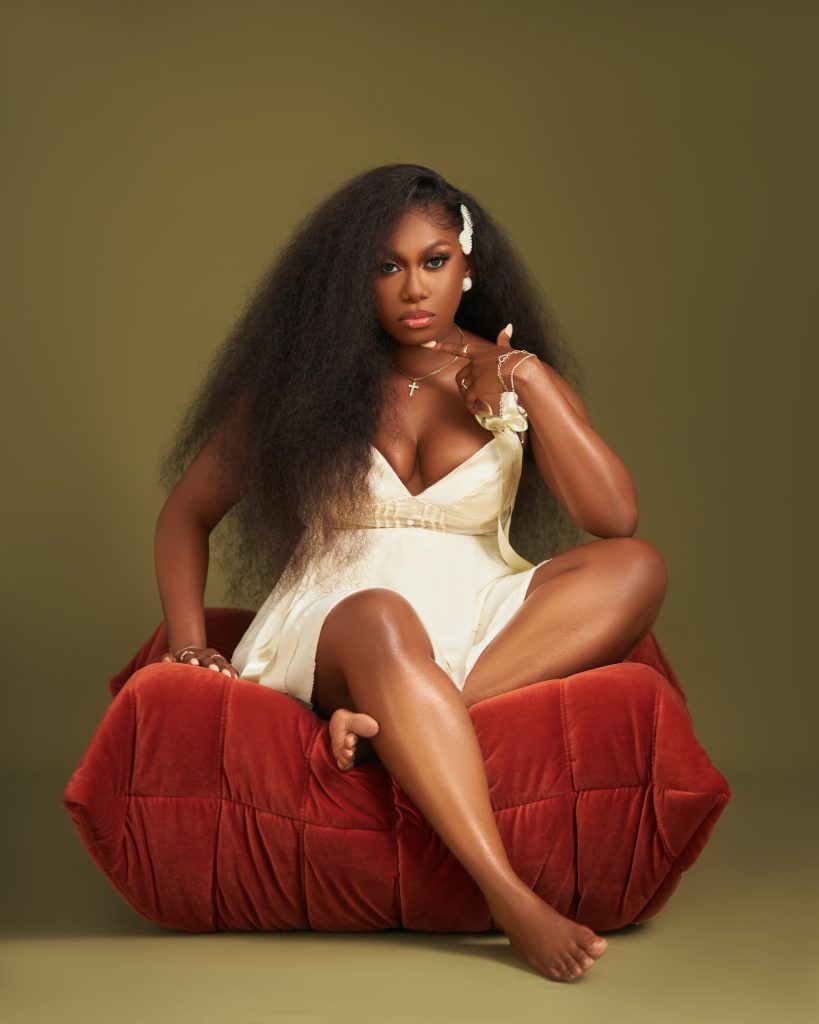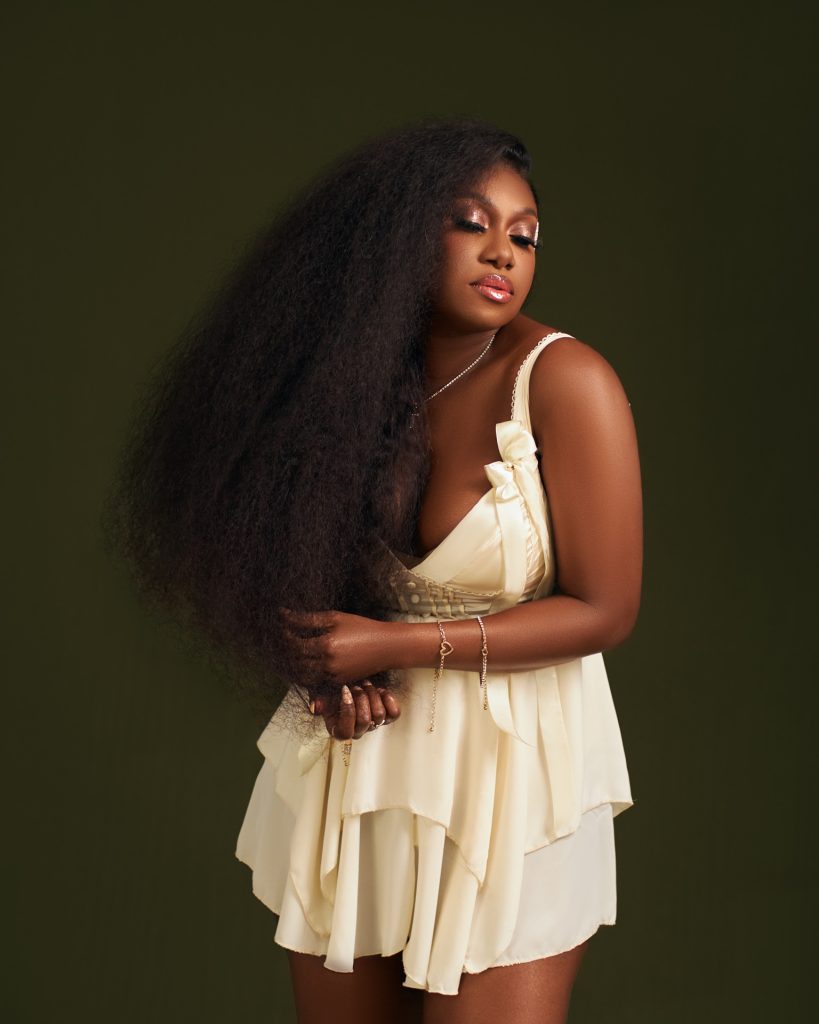
Niniola Gives 14 Unforgettable Reasons To Press Play On Her New Album.
Every successful artist reaches a point where they earn respect for their talent and consistency. Niniola, the regal queen of Afro House, is celebrating 10 years since her hit debut single “Ibadi,” produced by Sarz. With an unmatched stage presence and impact, she continues to dominate the Afro-House genre.
During the interview, we discussed her journey, from her early days on Project Fame to being crowned the Queen of Afro House, the inspirations behind her new album, and the legacy she hopes to leave. Niniola is big on recognition and credits those who helped make her album a success, from producers to behind-the-scenes contributors.
I just finished washing my makeup brushes,” she said as she joined the call. A very relatable female act.
How would you describe your journey since Project Fame?
My journey has been a beautiful rollercoaster, full of ups and downs, but I wouldn’t change a thing. If you ask me if I’d do it again, I’d say yes in a heartbeat. The milestones I’ve hit and the people I’ve met on this journey have been amazing. I’m just so grateful to God, my family, the media, and everyone who’s supported Niniola’s music. I’m in a very blessed space right now.
You’re often referred to as the Queen of Afro House. What does that title mean to you?
Honestly, that title came from the people. After my debut single Ibadi dropped, people started calling me the Queen of Afro House, and I embraced it. I didn’t make it up. Afro House allows me to sing and dance, which I’ve always wanted to do. Now, 10 years later, I’m proud of myself for sticking with it. The genre wasn’t always popular, but I believed in it.

What’s it like seeing more people now embracing Afro House?
I love it! I’m just happy that people are making dance music again, no matter the genre. When Afro House first started, people were skeptical about its longevity. But I’ve always kept the tempo up because I love performing high-energy songs on stage. Now, people are dancing again, and that makes me happy.
What’s the difference between your new album Press Play and your previous album Colors and Sounds?
Press Play is pure dance music, while Colors and Sounds showed different sides of me. It had everything—R&B, dance, slow songs, fast tempos. But with Press Play, I wanted people to forget their worries. The economy is tough, so I want listeners to feel good and uplifted. You can’t skip a track on this album—it’s a journey. The first track, Lavish, was intentionally placed because it sets the tone for the rest of the album.
How did you choose the collaborators for Press Play?
I always make sure to work with super-talented people. On this album, I worked with Kahlo, Pheelz, Magic Sticks, Niphkeys, and even the legend Oskido. Each of them brought something unique to the table. There’s no song that sounds the same. I’m grateful for everyone who worked on the album—they’ve been patient, resilient, and amazing. For example, Wami features Akeem, who’s been my sound engineer for a long time, and now we made a song together. I like to keep relationships strong and build long-term collaborations.
How did the “Nini De” tag come about?
It wasn’t intentional! I recorded a traditional song, and in that song, I sang ‘Ninoloso joo, Nini De.’ After that, the tag stuck. I didn’t plan it, but I loved it so much that it just became a part of my music.
On the song Energy from Press Play, you mention taking risks for love. What’s the wildest thing you’ve done for a lover?
laughs. In real life, no, I wouldn’t go to those lengths! When I tell stories, I mix personal experiences with fiction to make them more interesting. Sometimes I throw in things for shock value, but in reality, I’m pretty careful and calculated. I don’t like living with regrets.
What advice do you have for “lover girls” during these tough times?
When you say tough times, do you mean financially or romantically? In terms of romance, I feel like people are just doing what feels right for them, and that’s okay. We live in an era where you can be yourself, but it’s important to have etiquette. Don’t settle for less, be good to yourself, and choose love with your eyes open, not closed”
What do you think sets you apart as an artist?
There are many things—my vocal prowess, stage presence, the beat selection, and my delivery. If you’ve ever watched me on stage, you’ll definitely leave with an unforgettable experience.
On Wami, you said, ‘If I no dey for your party, it no fit complete.’ Can you tell us about that?
That line just came from the energy I bring to every performance. I love entertaining, so if I’m not at your party, it can’t be complete!

What are three words of advice you’d give to an upcoming female artist who looks up to you?
First, love yourself unconditionally. Know your worth and stay true to your core values, no matter the situation. Second, hard work. Don’t undermine it; it may be slow, but it’ll pay off in the end. Finally, loyalty. Be loyal to your team and the people who support you. Relationships should be 50/50, and people need to trust that you’re faithful.
What impact do you hope Press Play has on listeners?
The intent of Press Play is to help people escape the hassles of life and just have fun. I’ve been receiving messages from people telling me how the album makes them feel good, and that’s exactly what I wanted.
What Impact do you wish to leave on the world?
I run a foundation called The Adopted Child Foundation, where I help children with scholarships and support schools with learning aids and renovations. Even as the Queen of Afro House, I want to be remembered as a great artist and philanthropist.
Niniola has spent 10 years as the Queen of Afro House, staying true to her style while evolving as an artist. With Press Play, she brings a feel-good album that lifts spirits and gets people dancing. Her music, energy, and passion for giving back show a deeper side to her talent. As she continues to create and inspire, Niniola’s impact will be remembered for her music and heart.
Listen to Press Play here: